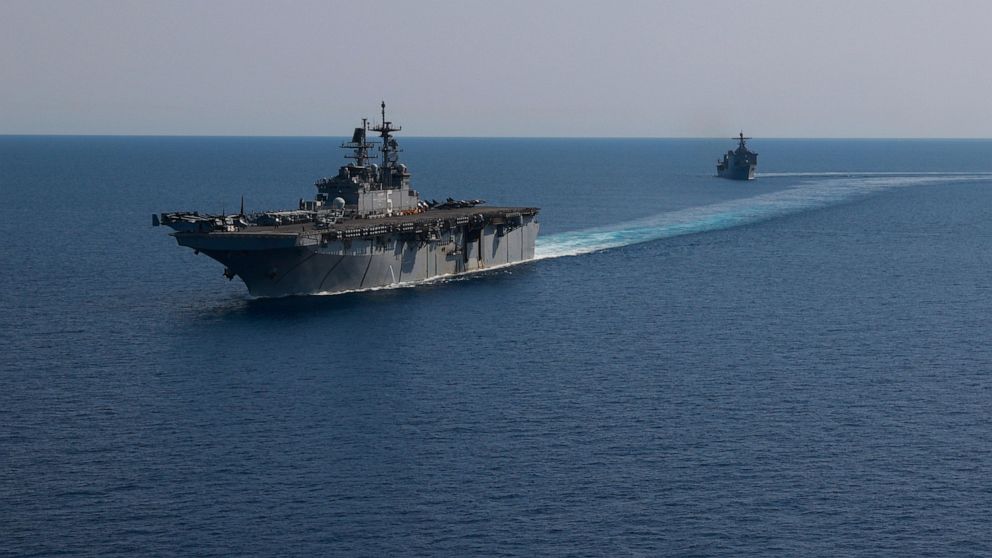Warning Issued to Shippers: Avoid Iranian Waters due to Heightened US-Iran Tensions and Risk of Seizure
In recent months, tensions between the United States and Iran have reached alarming levels, prompting authorities to issue a warning to shippers to avoid Iranian waters. The escalating conflict has raised concerns about the safety of vessels passing through this region, as there is an increased risk of seizure by Iranian forces. This article aims to shed light on the current situation and provide insights into the potential consequences for shippers.
The United States and Iran have been engaged in a long-standing dispute, with recent events exacerbating the already strained relationship. The US withdrawal from the Joint Comprehensive Plan of Action (JCPOA) in 2018, followed by the reimposition of economic sanctions on Iran, has significantly escalated tensions. The situation worsened in early 2020 when a US drone strike killed Iranian General Qasem Soleimani, leading to retaliatory missile attacks by Iran on US military bases in Iraq.
These events have created an atmosphere of uncertainty and volatility in the region, particularly in the Persian Gulf and the Strait of Hormuz. Iran has repeatedly threatened to disrupt shipping in these strategic waterways, which are vital for global oil transportation. The risk of seizure of commercial vessels passing through these waters has increased, as Iran seeks to assert its power and retaliate against perceived aggression.
The consequences of a ship seizure can be severe for both shippers and the global economy. When a vessel is seized, it can lead to significant delays in the delivery of goods, resulting in financial losses for shippers. Furthermore, insurance premiums for ships passing through these high-risk areas have skyrocketed, adding additional financial burdens to shipping companies.
The impact on global trade cannot be underestimated either. The Strait of Hormuz is a critical chokepoint through which one-fifth of the world’s oil supply passes. Any disruption in this region could lead to a spike in oil prices, affecting not only the energy sector but also various industries that rely on oil for their operations. Additionally, the geopolitical implications of heightened tensions between the US and Iran can have far-reaching consequences for regional stability and international relations.
To mitigate these risks, shipping companies are advised to reroute their vessels away from Iranian waters. Alternative routes, such as those through the Red Sea or around the Cape of Good Hope, may add extra time and costs to shipments, but they offer a safer passage. Shippers are also encouraged to closely monitor the situation and stay updated on any developments or changes in the region.
In conclusion, the warning issued to shippers to avoid Iranian waters is a response to the heightened tensions between the United States and Iran. The risk of seizure by Iranian forces poses a significant threat to commercial vessels passing through this region. Shippers must carefully consider the potential consequences and take necessary precautions to ensure the safety of their vessels and cargoes. By staying informed and adopting alternative routes, shippers can navigate these challenging times and safeguard their interests in this volatile geopolitical landscape.



